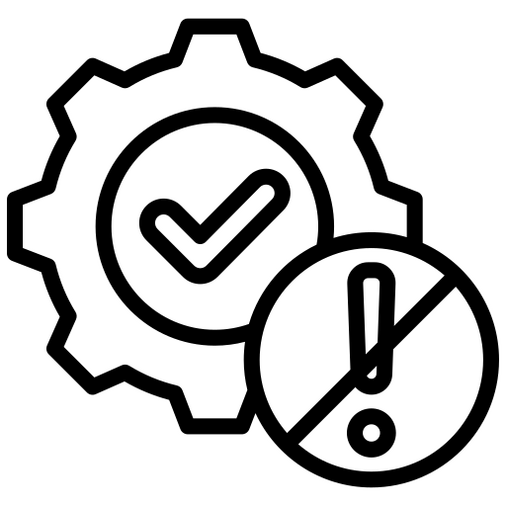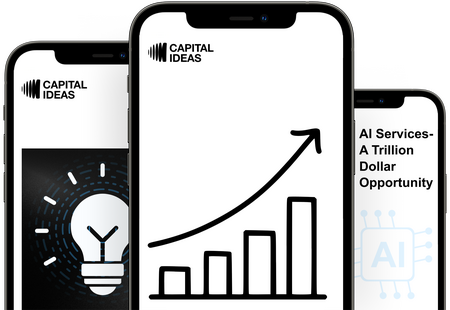
Capital Ideas
We track up-and-coming startup trends and ideas—and show you how to build them
Each week we share the white space in emerging trends and multiple proven business ideas. Simply put, we do the leg work to help you find your next venture or investment.
Over 1,000 entrepreneurs, investors, and operators read us to spot market opportunities
We provide in depth-reports, case studies, and frameworks to help you spot market opportunities and take action.
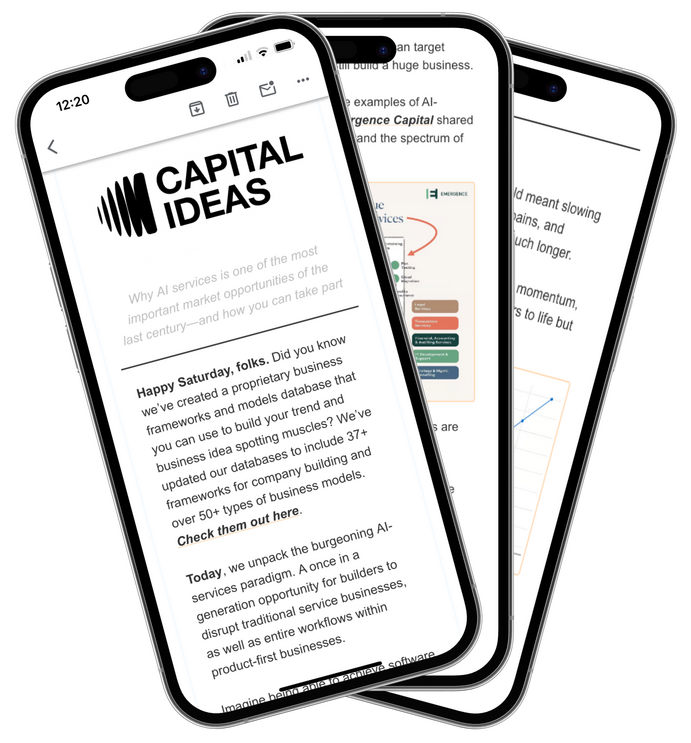
➤ Proprietary insight: Our team of business nerds scours the depths of the internet, analyzes thousands of data points, and selects only the most accessible ideas➤ No fluff: We’re written by humans and don’t share any generic fluff written by AI➤ Frameworks and business models: We share our proprietary list of company building frameworks and business models, and apply these to current market opportunities➤ Deeply researched reports: Reports are deeply researched yet easy to consume, and show you how different businesses work➤ Actionable steps: Each report comes with a list of actionable next steps that can be taken to capitalize on the opportunities
Introducing Capital Ideas
By Faster Than Normal
G’day,Alex here, Founder of Faster Than Normal.Since 2022, we've built a community of over 70,000 founders, operators, and investors who read our twice weekly newsletter sharing the stories, ideas, and frameworks of prolific people and companies to provide inspiration and practical advice on growing your company and the most important asset of all: yourself.Why? Because the world needs more builders.We believe starting a company is the best self-education there is. It's how you learn to solve real problems, self-actualise, and inspire others to do the same.Our readers wanted more than just stories. They wanted a map to entrepreneurship. So we made one.Here's the thing about startups: most aren't new ideas. They're better versions of existing things. Innovation is often just clever recombination.That's why we created Capital Ideas. We dig through mountains of data and talk to insiders to find opportunities you can start today.Twice a week, we send out:
1) A startup trend and how to ride it
2) Specific business ideas you could buildIt's cheap, it's brief, and it's packed with insights.Want to try it? We have a trial offer right now.Building something new is hard. But it's worth it. And we're here to help.

Alex Brogan, Founder of Faster Than Normal
Subscriber Benefits
1) Ideas
Every Wednesday, we’ll email you 3-5 vetted business ideas in a detailed report, describing how you could pounce on them.Save yourself from hours of research and thousands of dollars testing.
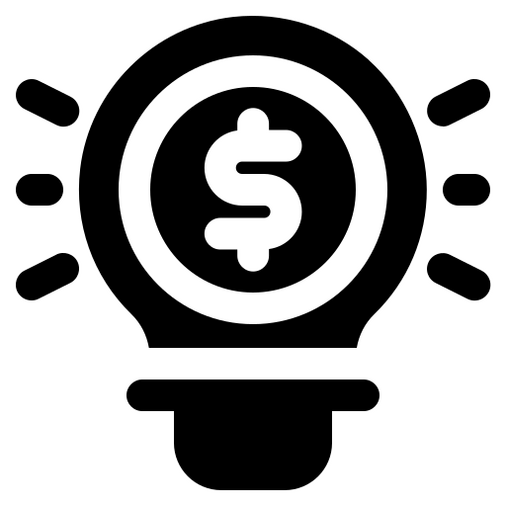
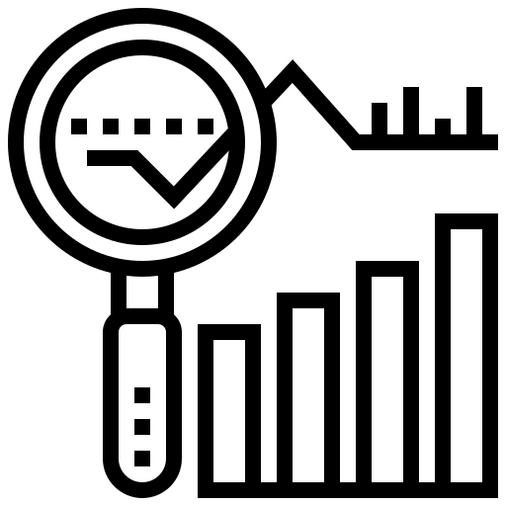
2) Trends
Every Saturday, we’ll share an exclusive, accessible startup trend handpicked by our team of analysts.We'll also share multiple ways to capitalise on it (especially as a non-technical person).
3) Frameworks
We’ve compiled an exclusive, proprietary database of 30+ frameworks for creating new companies.With this database, you'll build the muscle of spotting your own ideas (and hopefully a million or billion dollar business!).
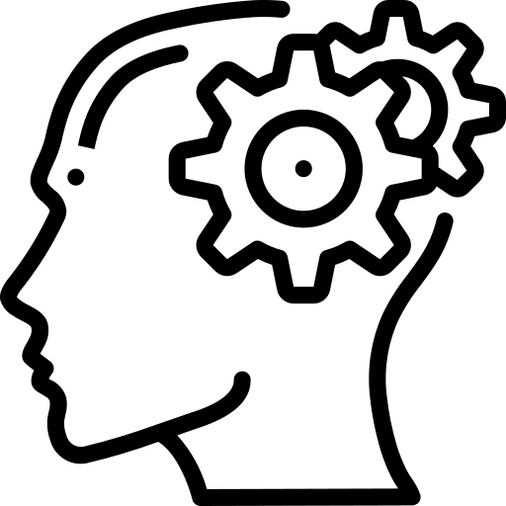
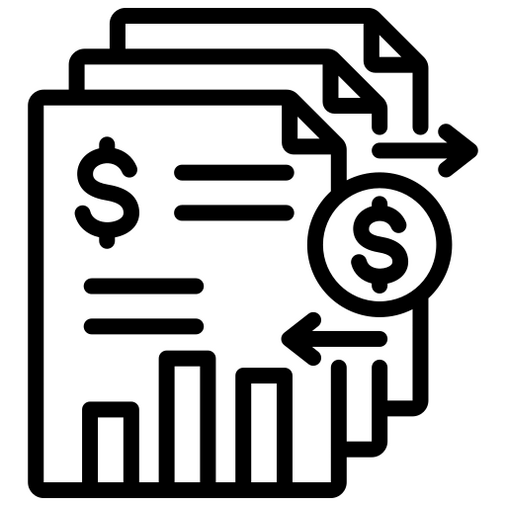
4) Business Models
We’ve compiled an exclusive database of 50+ business models to help you decode how companies make money.This database will help you find creative ways to monetise new ventures, or add even more value to existing ventures.
5) Risk-free
We want Capital Ideas to be a home run for you.If you're not satisfied for any reason, cancel within 7 days for a full refund.No questions asked.
